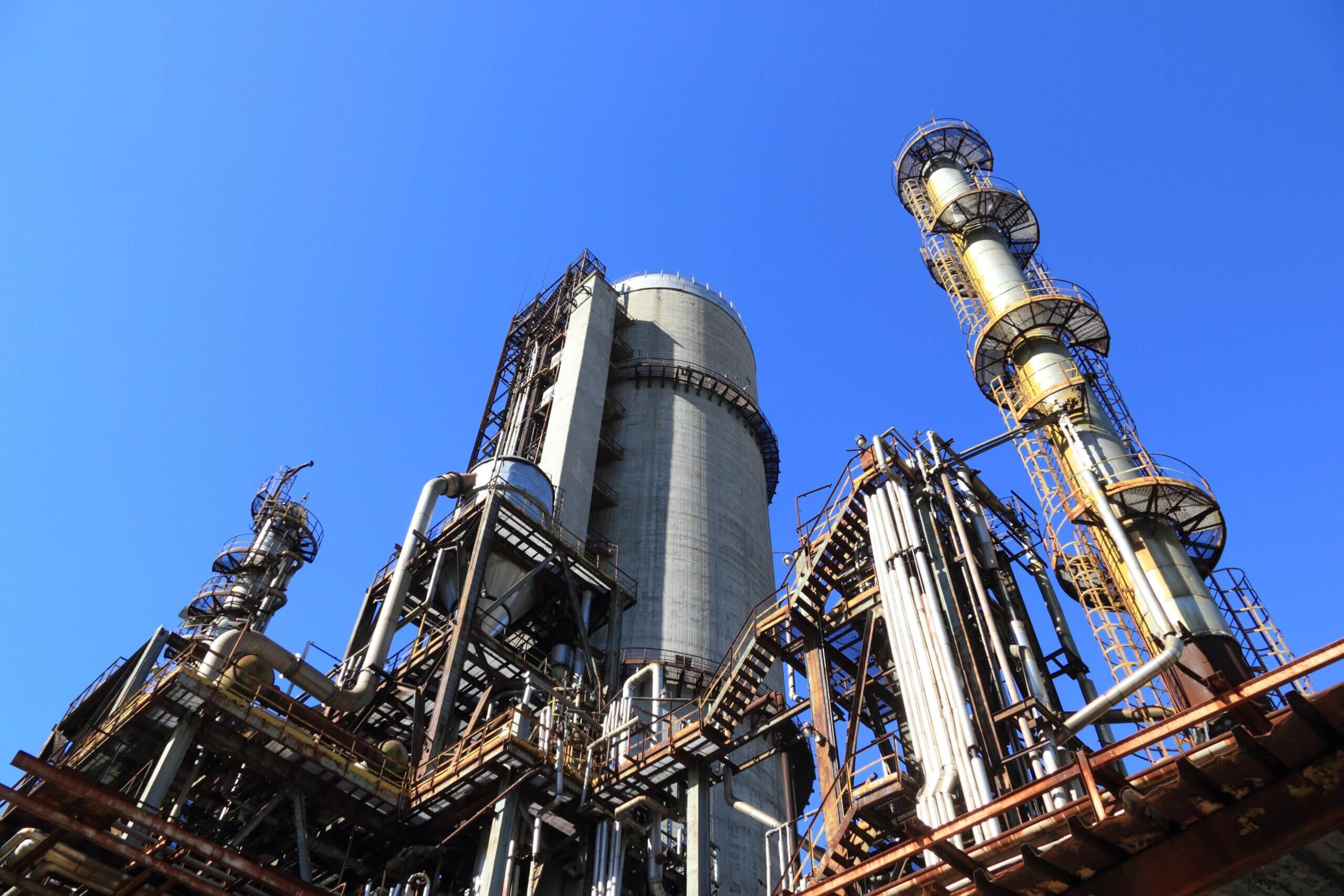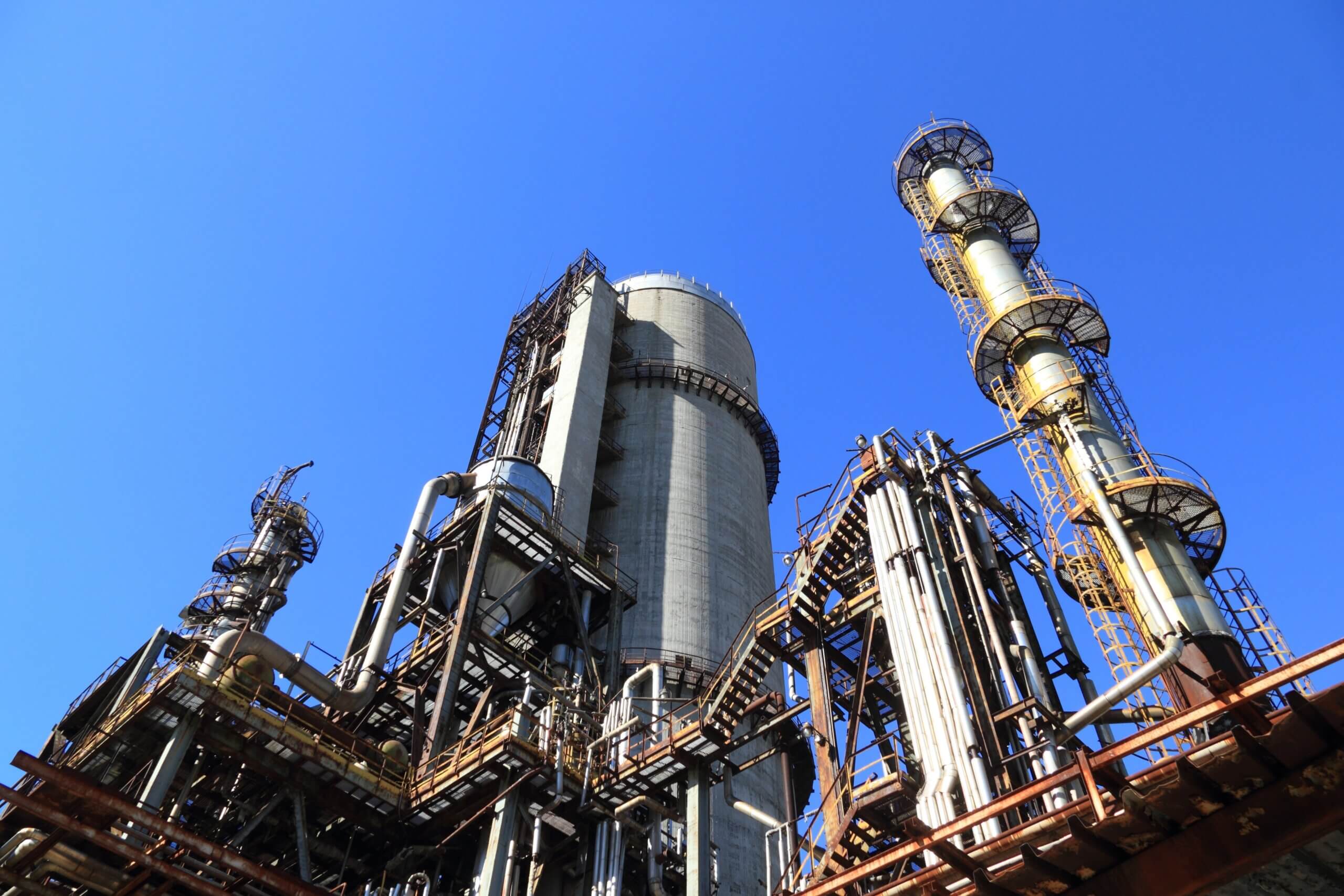“Deglobalization” has entered the narrative zeitgeist. But what’s happening on the ground? This weekly series seeks to answer that question with a round-up of deglobalization developments from the week that’s done.
1. Australia, the world’s top lithium supplier, is set to tighten its regulations on screening of foreign investment in its critical minerals industry. Per Treasurer Jim Chalmers: “As investment grows, and as the sources of that investment interest grow, we’ll need to be more assertive about encouraging investment that clearly aligns with our national interest in the longer term.”
2. Canadian Prime Minister Justin Trudeau said on Wednesday that the Russian invasion of Ukraine shows that authoritarian regimes are not reliable trade partners – and that future supply chains should be constructed to account for resilience, environmental concerns, and human rights. “What we’re focused on now is very much ensuring that our economies – our open, free economies – don’t rely on authoritarian leaders,” said Trudeau. He has been pitching Canada as a dependable global supplier of, and alternative to Russia and China for, critical minerals and energy.
3. Houston-based MacroFab expects to double its sales next year. The company operates the largest digital platform for electronics manufacturing – from prototype to high-scale production – with a network of more than 70 factories across America. MacroFab has reached eight-figure annual revenues in seven years of business. “China used to be the default for manufacturing electronics,” said CEO Misha Govshteyn. “But the answer now is, ‘Anywhere but China.’ Companies aren’t ripping factories out of there necessarily, but they’re looking for resiliency. And a lot of times they’re not even considering China now.”
4. Protests in China pushed global stocks lower early this week as markets responded to instability and tighter COVID-19 controls in the country. On Monday, shares in Hong Kong’s HangSeng index shed 1.6% to lead losses. “We do not expect economic or market headwinds in China to abate significantly over coming months,” said UBS Global Wealth Management CIO Mark Haefele. “Policy support remains focused on stabilizing the economy rather than spurring growth.” He added that mounting social discontent “adds to execution and implementation risks” for China.
5. Relatedly, Jacob Carpenter writes that Apple officials are staying silent on revolts at the company’s primary iPhone assembly plant in Zhengzhou – despite the reality that those protests could cost Apple some 6 million iPhone 14 Pros (of about 7% of total production goals). Why the silence? Per Carpenter, because “Apple and its suppliers remain inextricably intertwined with China, where 95% of its iPhones are assembled” But “the recent uprisings should sharpen Apple’s focus on diversifying its supply chain, an effort gaining some steam in Cupertino. In recent years, Apple officials have shifted some iPhone, MacBook, and accessories production to India and Thailand.”
6. Former Cisco CEO John Chambers predicted a wave of deglobalization in the tech sector during an interview with Yahoo Finance live: “Many of the American companies – with the Semiconductor Act, etc., that’s going on – want to locate their manufacturing in the US…There’s going to be a movement toward deglobalization.”
7. Dollar General has cut its annual profit forecast after missing estimates for quarterly earnings. The company blamed supply chain challenges, citing 40 million USD in additional costs in the third quarter compared to expectations, stemming from transportation and expenses related to delays in returning shipping containers.
(Photo by Pexabay/Pexels)




